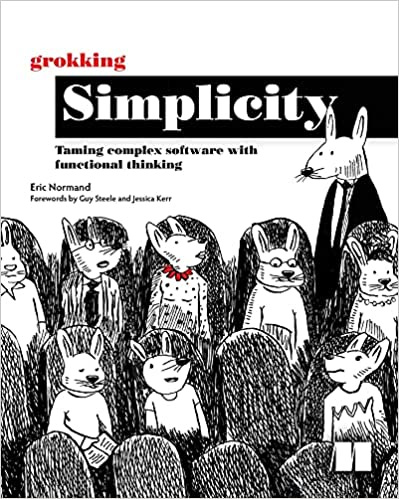Polymath Engineer Weekly #30
An extra issue this week
Links of the week
Towards Deep Learning for Relational Databases
“In this article, we argue that one of the core reasons for this lack of neural networks in business practice is the gap in the learning representation assumed by virtually all the deep learning models and the, by far most common, data storage representation used in everyday practice — relational databases.“
“I use a simple framework wherein a good alert has the following properties:
Actionable: Indicates a problem for which the recipient is well placed to take immediate corrective action.
Investigable: (yes, I made this word up) Indicates a problem whose solution is not yet known by the organization.“
“Now a prover could send a single message to a verifier without both of them having to be online, and researchers could create a very short proof that could be quickly verified, even for very complicated problems. This has led to several practical uses, such as the ability to quickly verify the blockchain after a cryptocurrency transaction while hiding the details of the transaction.“
Why OpenTelemetry Is Taking Cloud Native to New Heights
“OpenTelemetry is focused on data – specifically, the data and data stream (telemetry) needed to best understand, troubleshoot, and improve our applications. Data is only useful if it can be aggregated, analyzed, and visualized at scale. While OpenTelemetry doesn’t provide direction for how to visualize the data, it lets us stop worrying about what data we can get and instead focus on what we can do with the data.“
“Moreover, instead of futilely demanding that students write essays themselves, teachers insist on AI. Here’s the thing, though: the system will frequently give the wrong answers (and not just on accident — wrong answers will be often pushed out on purpose); the real skill in the homework assignment will be in verifying the answers the system churns out — learning how to be a verifier and an editor, instead of a regurgitator.“
In praise of property-based testing
“The problem with example-based tests is that they end up making far stronger claims than they are actually able to demonstrate. Property-based tests improve on that by expressing exactly the circumstances in which our tests should be expected to pass. Example-based tests use a concrete scenario to suggest a general claim about the system’s behavior, while property-based tests directly focus on that general claim.“
Book of the Week
Grokking Simplicity: Taming complex software with functional thinking
Do you have any more links our community should read? Feel free to post them on the comments.
Have a nice week. 😉
Have you read last week's post? Check the archive.



